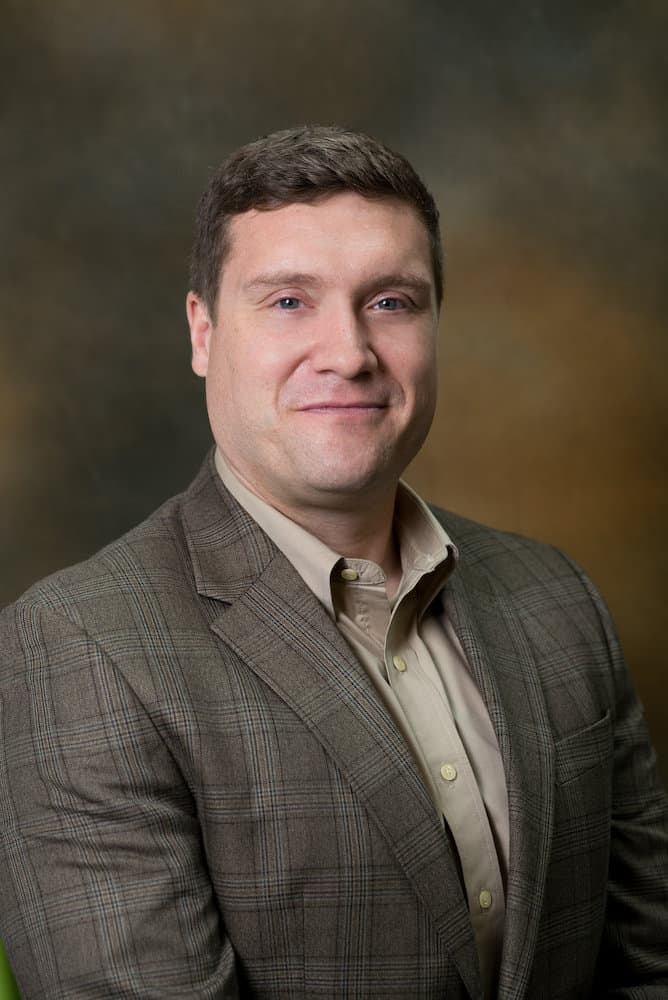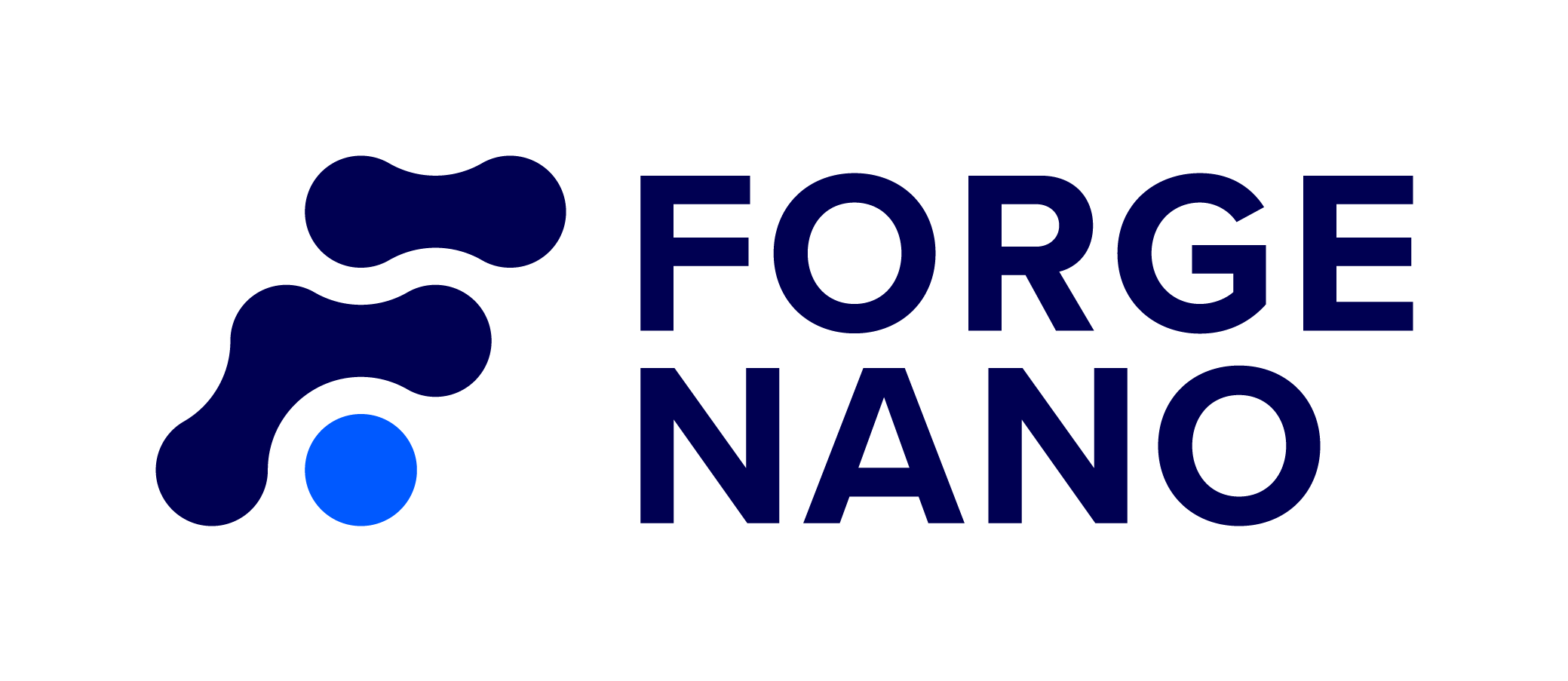Next Generation ALD Films for MEMS applications

Speaker biography
Dr. Matt Weimer
Principal R&D Scientist at Forge Nano
With a background in synthetic chemistry, experience in novel ALD tool development, and device characterization, he has hands-on experience with the full life-cycle of ALD. Matt has a BS in Chemistry from the University of Washington and a PhD from the Illinois Institute of Technology with a joint graduate appointment at Argonne National Laboratory (ANL). Matt has multiple papers, patents, and talks in the fields of synthetic chemistry, ALD, and CVD. In his spare time, he is an avid racquetball player, hiker, traveller, and home brewer.
Downlaod a PDF of the slides
ABSTRACT:
Atomic layer deposition (ALD) enables improved performance of existing device architectures and novel next-generation devices. Engineering materials on an atomic scale optimizes material characteristics such as thermostability, conductivity, and corrosion resistance. The ALD process is scalable, cost-effective, and applicable to a wide range of fields, including consumer electronics, 3D printing, lithium-ion batteries, and medical devices. Due to the self-limiting growth, ALD provides a discrete and reproducible amount of film in each cycle that is well adhered, pin-hole free, and extremely dense. Whether using a single-wafer system or multi-wafer batch system, extremely low ALD deposition rates and low-precursor efficiencies have made it difficult to transition ALD-based solutions from R&D into high volume manufacturing. This webinar presents an overview of ALD solutions currently on the market and their existing challenges. The presentation also introduces Forge Nano’s ALDx single-wafer systems which offer the fastest deposition and most efficient precursor usage on the market, enabling ALD to be integrated earlier in the product development cycle. A brief description of the differentiating features and product offerings in the ALDx toolset will be discussed.
Additional topics include:
* Atomic layer deposition enables next-generation devices and applications
* Traditional ALD is slow and inefficient, but improved hardware design and process capability eliminate these issues
* Forge Nano’s ALDx toolset has wafer throughput that is 3 to 60x faster
* The ALDx toolset uses 10 to 100x less precursor per wafer than other ALD tools on the market
* Benefits are enabled by the combination of Forge Nano’s proprietary reactor design and proprietary ALD dosing valves and pressure controllers
* In addition to speed and consumption benefits, films often have superior properties, such as high density and low contamination, compared to traditional ALD single wafer and batch tools
* ALDx tools will accelerate R&D cycles and provide unique ALD solutions for high-volume manufacturing
